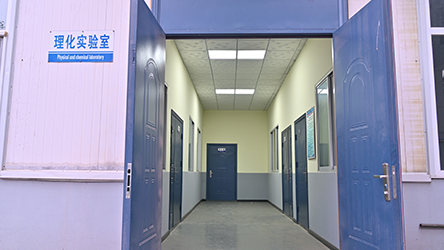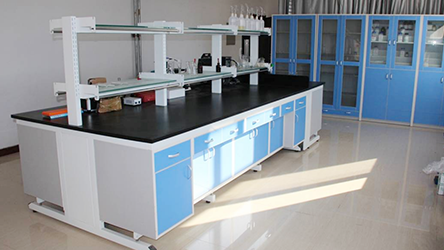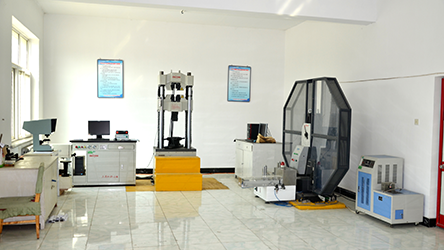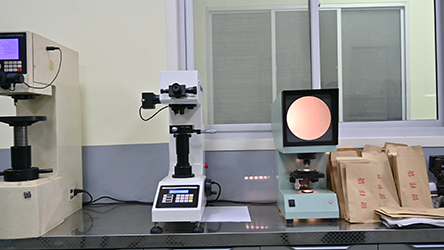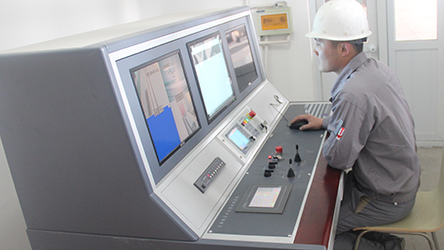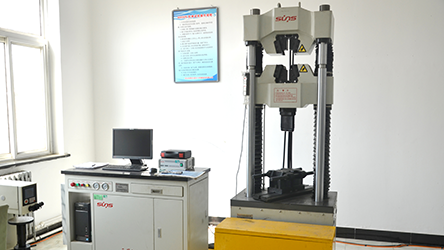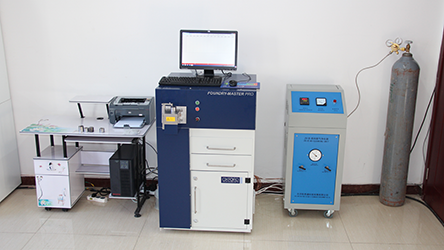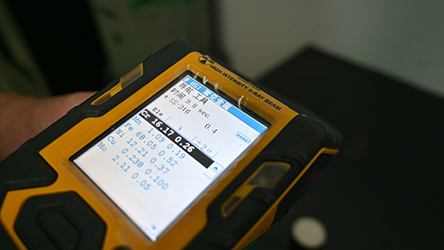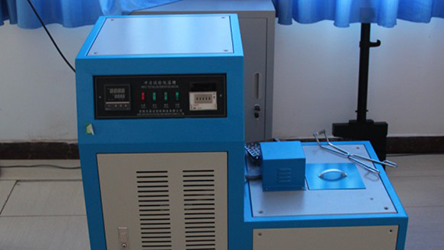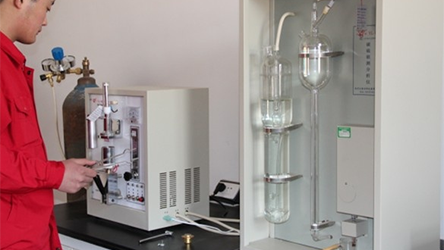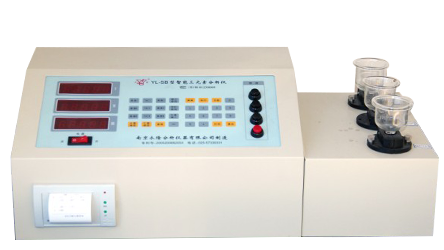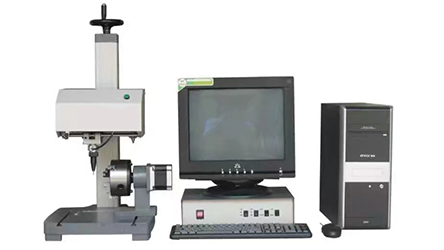

Purchase high-quality raw materials
The quality of pipe fittings depends on the quality of raw materials, so the quality of raw materials is required to meet national quality standards. Only high-quality materials can guarantee the quality of pipe fittings.

Strict process control
In the production process, the quality standards should be strictly followed, and each process should be strictly controlled, so that the quality advantages of the pipe fittings can be fully utilized from each process so that each pipe fitting can achieve the best quality.

Comprehensive inspection
After the production is completed, a comprehensive inspection of the pipe fittings is required to ensure that the quality of the pipe fittings meets the requirements. Only after a comprehensive inspection can the quality of the pipe fittings be guaranteed.

- Material receiving inspections
- In-process Inspections
- Final Inspections
- Third-party Inspections
- Packaging Inspection
Elite piping material inspections are carried out as follows:
Dimensional inspection
Dimensions are checked at each end of the purchased material.
Visual inspection
Surface check to ensure that material is correct and suitable for production of products.
Collating
Tests are done to ensure that the chemical composition and tensile properties of the
Described items are exactly as shown in the material certificates.

Elite Piping products are manufactured from carefully selected materials of the finest
metallurgical quality on well-controlled jigs, tools and molds. In order to ensure that all
products meet quality specifications, the following in-process inspections are performed.
Visual Inspection
Dimensional Inspection
Shape Inspection
Hardness Test
Temperature Check
Processing Conditions Check
Material Identification (marking)
Other Inspections


Elite piping products are subject to the following final inspections before they are
Packed and delivered.
1. Visual inspection
Both internal and external surfaces are checked to confirm they are smooth and do not
Bear any harmful defects.
2. Dimensional inspection
Done to ensure that all products are in conformity with dimensional tolerances of
Relevant codes and standards.
3. Special inspection
Non-destructive examinations and mechanical tests are performed as per customer’s
Request.
4. Certification
The mill test certificates are issued in accordance with din 50049 / en10204 unless
Otherwise requested by customers.


The Third Party Agencies such as BV, LR, DNV, SGS, etc … are welcome for
Inspection of our products at any stage during or after the production according to the
client’s Inspection requirements.


Packaging inspection refers to the inspection, testing and evaluation of various product packaging to ensure that it meets quality standards and regulatory requirements.
Packaging inspection usually includes the following aspects:
external assessment
Dimensions and Weight Inspection
Functional testing: test the functions of the packaging, such as airtightness, pressure resistance, water resistance, moisture resistance, etc.
Material testing: testing of packaging materials, such as the composition and quality of raw materials.
Safety testing: Check the safety of the packaging, such as whether there are harmful substances, whether it meets safety standards, etc.
Durability testing: test the durability of packaging, such as heat resistance, cold resistance, corrosion resistance, etc.
Packaging Cost Inspection: Estimate the cost of packaging to ensure it meets budget and cost requirements.
To sum up, packaging inspection is a necessary link to ensure product quality and safety. Through the inspection of packaging, it can ensure that the product can be fully protected during transportation and use, and it can also improve the credibility and market competitiveness of the product.


Inspection Equipment
Professional testing equipment testing to ensure product quality.
